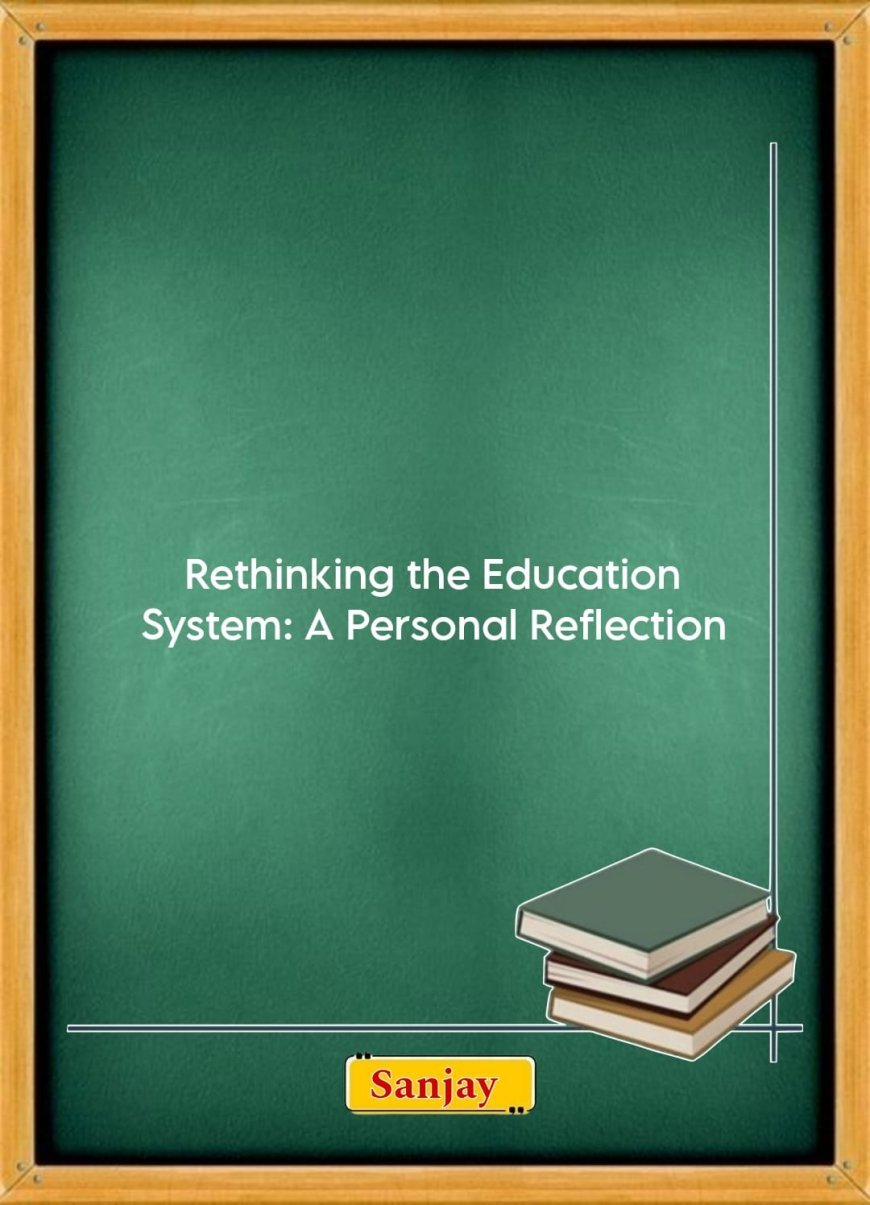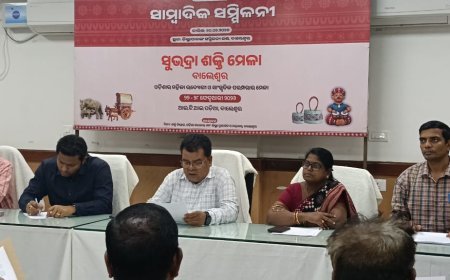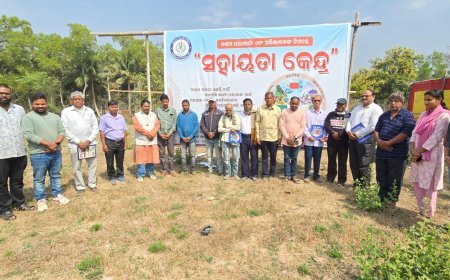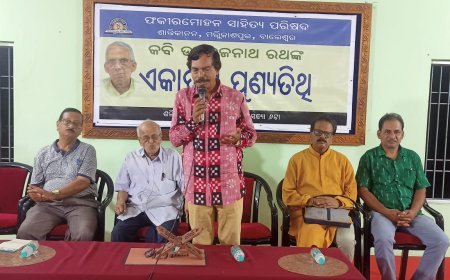Rethinking the Education System: A Personal Reflection

Sanjay Pattnayak
Education is not just a profession; it is a passion. My experience at B.S. Government High School, my alma mater, has reaffirmed this belief. 3 years before, I had the opportunity to engage with 200 students in a session designed to uncover the reasons behind their disinterest in traditional studies. Through an unconventional approach using the popular movie 'Bahubali,' I aimed to demonstrate effective memorizing techniques and highlight the gaps in our current educational methodologies.
Engaging Students with Familiar Content
As I stood before the eager faces of the students, I began by asking, "Have you seen 'Bahubali'?" The room instantly lit up with enthusiasm. Every hand shot up, and the students eagerly shared their favorite scenes and characters. It was clear that the movie had left a significant impact on them.
Next, I posed a challenging question: "Have your parents or teachers ever instructed you to watch the movie mindfully so that you could answer questions about it later?" The students were puzzled. Their excitement turned to curiosity as they realized the deeper purpose of my inquiry. My intention was to demonstrate how something as enjoyable as a movie could be used to teach memorizing techniques. If students can remember intricate details of a film without formal instruction, why do they struggle with academic content?
The Four Dimensions of Education
This brings us to a critical question that every educator must consider: Why are most students not taking an interest in studies? The answer lies in the teaching methods we have been following for decades. We are stuck in a cycle of traditional teaching that does not cater to the evolving needs of today's students.
Dr. Kohler identifies four dimensions of education:
1. Reading
2. Writing
3. Understanding
4. Recollection
In India, our educational system heavily emphasizes the first three dimensions. We teach students how to read, write, and understand concepts, but we often neglect the fourth and equally crucial dimension: recollection. Recollection is the ability to remember and retrieve information long after it has been learned.
The Missing Link in Our Educational Methodologies
Our ability to read and write remains intact even after many years, yet our system fails to equip students with effective recollection skills. This gap becomes evident when students struggle to recall information during exams or in real-life applications.
Why are we not focusing on the fourth dimension of education? It's high time for us to rethink our teaching methodologies and address this critical shortfall. We need to incorporate techniques that help students retain and recall information more effectively. This could involve interactive learning, mnemonic devices, and practical applications that make learning more engaging and memorable.
Conclusion
My experience at B.S. Government High School was eye-opening. It highlighted the urgent need for a paradigm shift in our educational approach. As educators, we must move beyond traditional methods and embrace innovative techniques that cater to the holistic development of our students. By doing so, we can ignite a genuine interest in learning and equip our students with the skills they need to succeed in the modern world.
It's imperative that we reflect on our current practices and make a concerted effort to incorporate the fourth dimension of education—recollection—into our teaching methodologies. Only then can we truly enhance the learning experience and prepare our students for the challenges of the future.











































